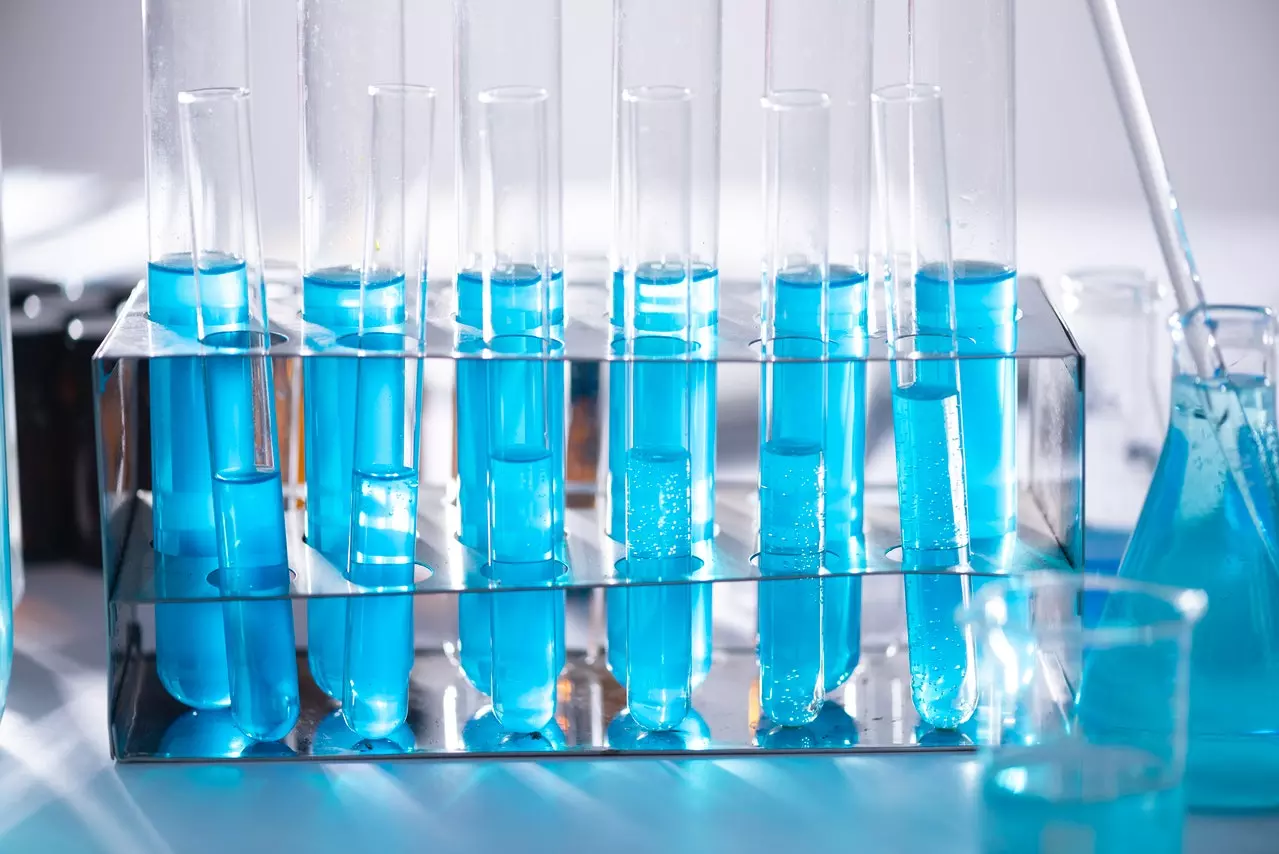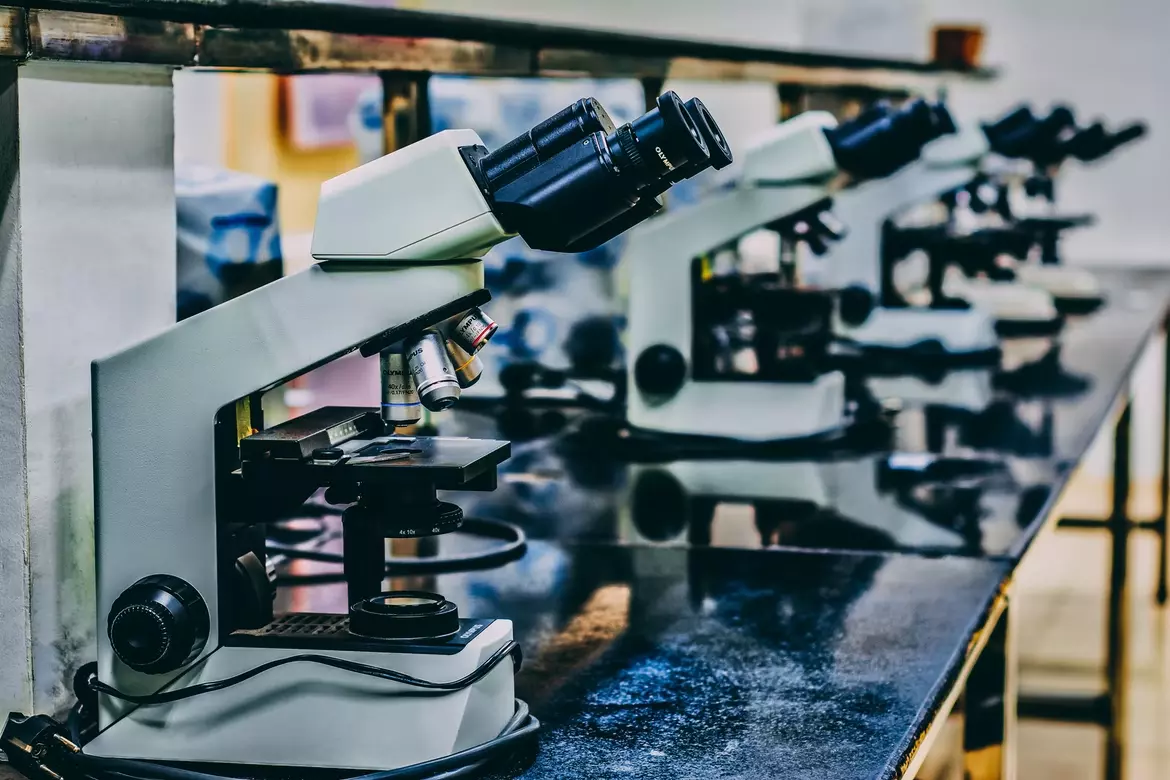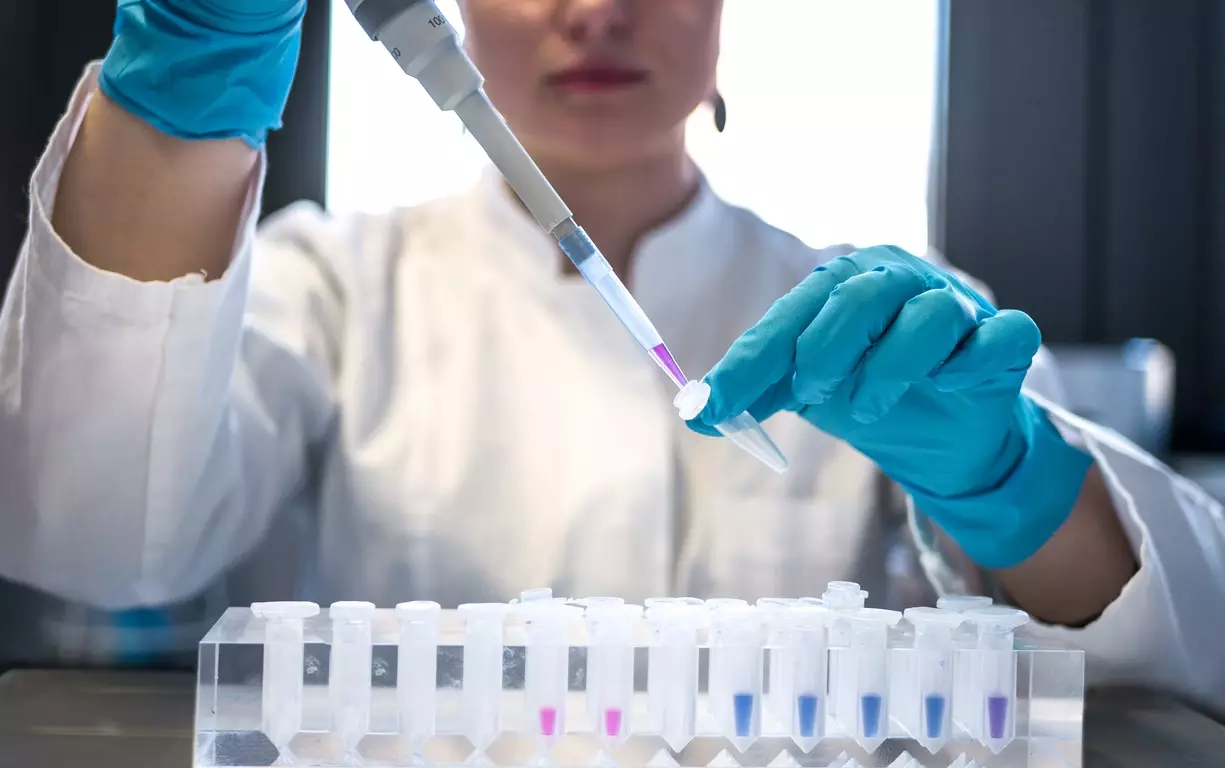Comments
- No comments found

If you are a scientist, then you know that having a well-equipped lab is essential for your work.
Without the proper tools and equipment, it can be difficult to conduct experiments and achieve accurate results. In this blog post, provide some tips on how to choose the right equipment for your needs and we will also discuss six things that you need to have in your laboratory. Let's get started!

When choosing lab equipment, it is important to consider your needs and budget. Be sure to select equipment that is accurate and easy to use. In addition, make sure you read the reviews before making a purchase and also consider hiring lab design professionals who can come in handy and help you have a flawless workspace. It is also a good idea to consult with your supervisor or other experienced scientists before making any big purchases. Note that you will be sending most of your time in the lab so you would need a neat and good place that will help you stay productive.

First and foremost, safety is always a top priority in any laboratory. Be sure to have all of the necessary safety equipment on hand, including gloves, goggles, and aprons. In addition, it is important to have a fire extinguisher and first aid kit in case of an accident. Also, be sure to familiarize yourself with the safety procedures for your lab and always follow them when working with dangerous chemicals.
It is important to stay safe in the lab by always wearing the proper safety equipment and following the safety procedures. Be sure to ask your supervisor for guidance on how to safely work with dangerous chemicals. If you ever have any questions or concerns, do not hesitate to ask your fellow scientists or the lab staff. Remember, safety is always our top.
A microscope is one of the most important pieces of equipment in a laboratory. It allows you to magnify small objects so that you can examine them more closely. There are many different types of microscopes available on the market, so be sure to choose one that is right for your needs. For example, if you plan on examining plant cells, then you will need a microscope with high magnification and a good light source.
Burettes and pipettes are used to measure small amounts of liquids. They are typically made of glass or plastic and have a variety of different-sized tips to accommodate different-sized containers. When choosing burettes and pipettes, be sure to select ones that are accurate and easy to use. In addition, you will need to have graduated cylinders on hand to measure larger quantities of liquids.
A conical flask is a type of glass container that is used to hold liquids. It has a wide opening at the top and a narrow bottom, which makes it easy to pour liquids out of. Conical flasks are often used in chemical reactions and experiments. Let's say that you need to mix two different liquids together. You would pour each liquid into a separate conical flask and then use a pipette to transfer the liquids into a container that can be sealed so that they can be mixed together.
A funnel is a cone-shaped tool that is used to transfer liquids from one container to another without spillage. They come in a variety of sizes, so be sure to choose one that fits the container you are using. Funnels are often used in conjunction with bottles. For example, if you need to store a liquid in a bottle, you would use a funnel to pour the liquid into the bottle without making a mess.
When working with chemicals, it is important to have all of the necessary equipment on hand. This includes beakers, graduated cylinders, and stirring rods. In addition, you will need to have a supply of distilled water on hand to mix with the chemicals. Be sure to follow the instructions for each chemical carefully and always wear gloves and a face mask when working with them.
Now that you know what is needed for a laboratory, be sure to stock up on supplies and equipment so that you can get started on your next experiment. With the proper tools, you can achieve great results.
Remember to keep your lab organized and clean. Having a well-organized workspace will help you stay productive and efficient. Be sure to label all of the chemicals and equipment so that you know where everything is. In addition, be sure to clean up any spills immediately. By following these simple tips, you can create a safe and productive laboratory environment. Stay safe and good luck with your experiments!
Leave your comments
Post comment as a guest